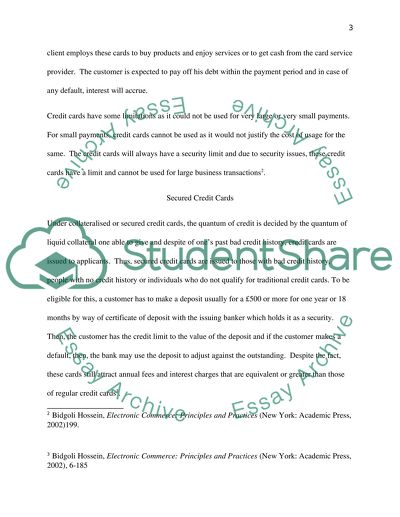Cite this document
(“The legal nature of cards payment and the risk of insolvency Essay”, n.d.)
Retrieved from https://studentshare.org/environmental-studies/1422290-the-legal-nature-of-cards-payment-and-the-risk-of
Retrieved from https://studentshare.org/environmental-studies/1422290-the-legal-nature-of-cards-payment-and-the-risk-of
(The Legal Nature of Cards Payment and the Risk of Insolvency Essay)
https://studentshare.org/environmental-studies/1422290-the-legal-nature-of-cards-payment-and-the-risk-of.
https://studentshare.org/environmental-studies/1422290-the-legal-nature-of-cards-payment-and-the-risk-of.
“The Legal Nature of Cards Payment and the Risk of Insolvency Essay”, n.d. https://studentshare.org/environmental-studies/1422290-the-legal-nature-of-cards-payment-and-the-risk-of.


